Common misconceptions about health on cold days
Avoid these misconceptions to stay healthy in cold weather.
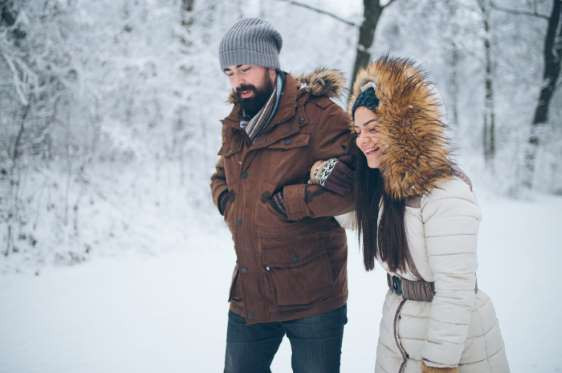
Cold air will give you a cold.
One last thing to remember is that colds are not caused by the cold. What makes you sick are germs, bacteria and viruses that enter your body after you touch your nose, mouth or eyes without washing your hands.

Drink wine to warm up
Drinking alcohol may make you feel warmer, but it actually lowers your body temperature. Alcohol dilates your blood vessels, bringing warmer blood closer to the surface of your skin. This makes you feel hot within seconds. As blood is diverted away from your internal organs, your body temperature drops.
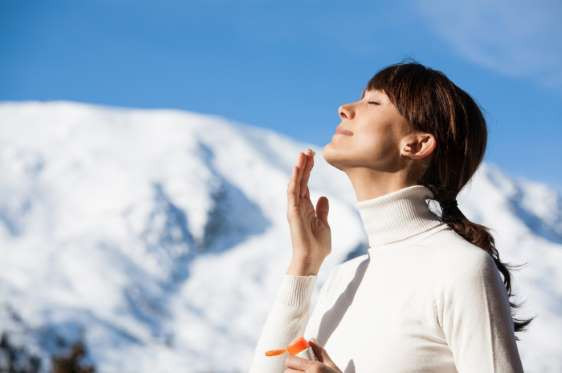
No need to apply sunscreen in winter
Skipping sunscreen is a huge mistake. People don’t realize that their skin is still at risk from UV rays during the colder months. In fact, the risk is the same 365 days a year. UV rays penetrate clouds and reach the skin with no problem.
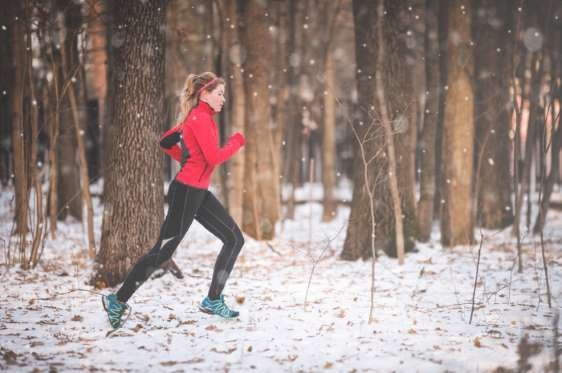
You should not exercise in cold weather.
Exercising in cold weather can have more benefits than exercising in warm weather. The body has to work harder in the cold, increasing your metabolism and burning more calories. Exercise also releases endorphins and improves your mood, so exercising outdoors during the winter months can help combat Seasonal Affective Disorder (SAD), commonly known as winter depression.
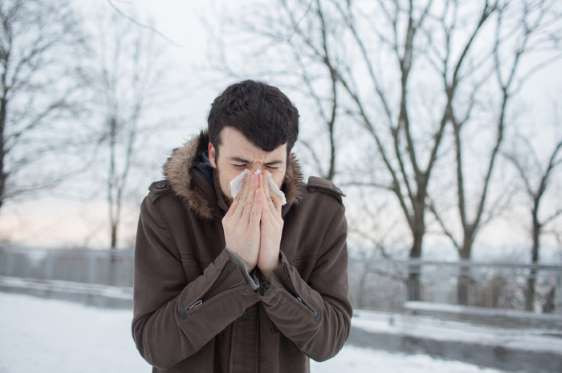
Allergies will disappear in winter
Colds are often accompanied by sneezing and a runny nose, but these symptoms can also be caused by allergies. Dust mites, mold, or animal dander are still a problem because in cold weather, these pests tend to stay indoors more and closed doors lead to poorer air quality. Allergy symptoms can resemble a sinus infection that won't go away.
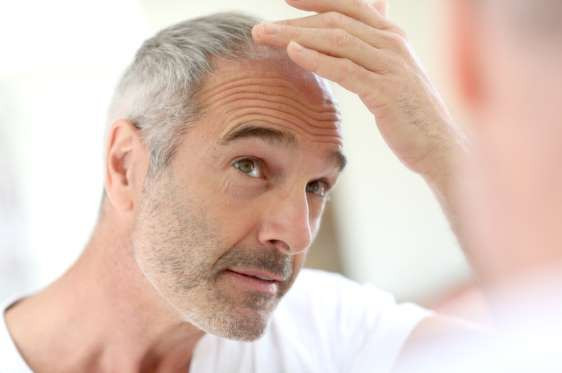
Cold temperatures cause hair loss
Cold temperatures do not necessarily mean more hair loss. Cold weather can actually increase the amount of hair. Just as dogs grow thicker fur in the winter, people may notice more hair growing in the cold to help keep them warm.
Lack of sunlight is the cause of winter depression
You may have Seasonal Affective Disorder (SAD). In some cases, lack of sunlight can contribute to SAD because it causes the brain to produce less serotonin. Symptoms of “winter depression” include feeling tired all the time, low energy, weight gain, and poor concentration.
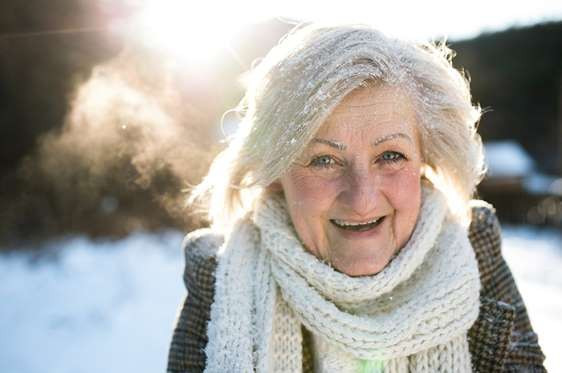
The head is where the most heat is lost.
It has long been thought that the head is where the most heat is lost, but studies show that when exposed naked in cold weather, the amount of body heat lost through the head accounts for only about 10%.

Women often gain 5kg in winter
The only way you can damage your body during the holidays is by not using it. This is true for both men and women. People who don’t exercise, sit on the couch all day and snack will gain weight in the winter. People typically gain about 0.5-1kg during the cold season. The problem is that most people don’t lose this weight when the weather warms up, and the weight just keeps creeping back on.

Vitamin C cures colds
This is half true. Vitamin C has powerful antiviral properties and studies have shown that it can shorten the severity and duration of most colds and flus if you get enough. Foods rich in vitamin C help boost your immune system and help protect you from getting sick.
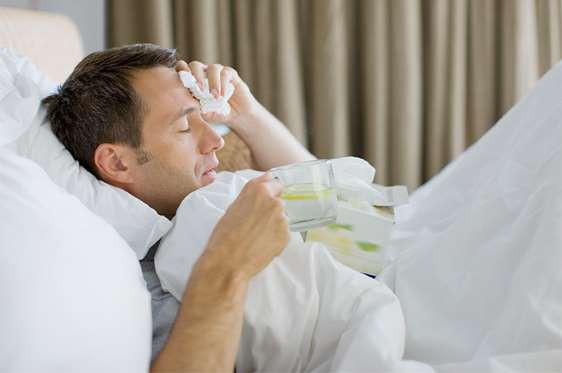
Eat when you have a fever, fast when you have a cold.
I don’t know of any doctor who would tell you not to eat when you’re sick. Your body is working to get better and needs all the energy it can get – but from good sources. It needs the right ingredients to fight disease and boost your immune system, not lots of calories. Drink plenty of water and eat healthy.



